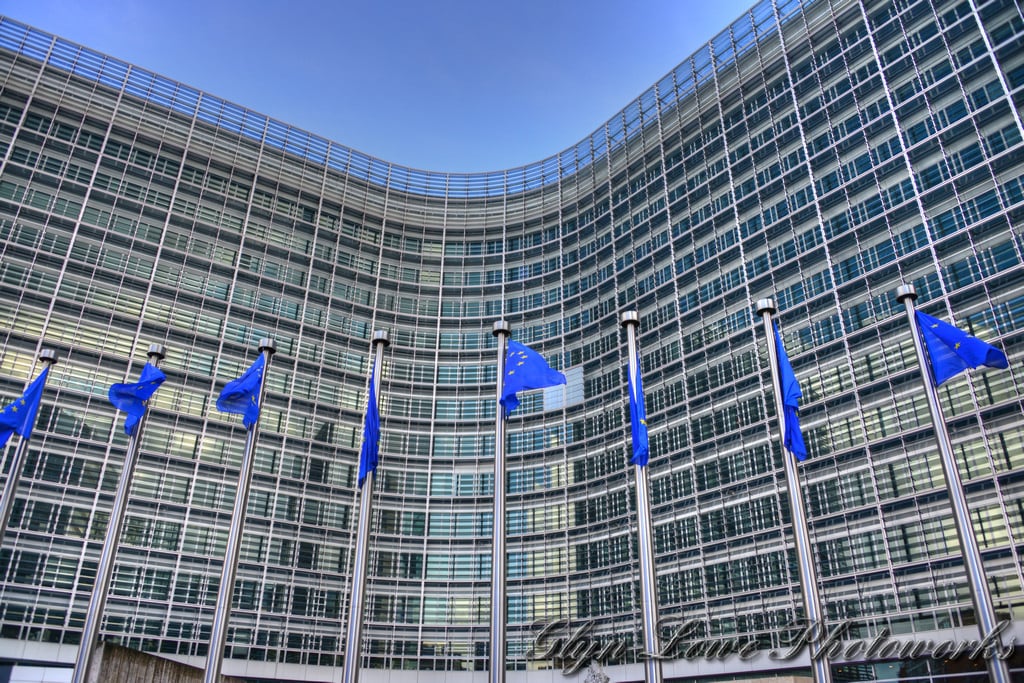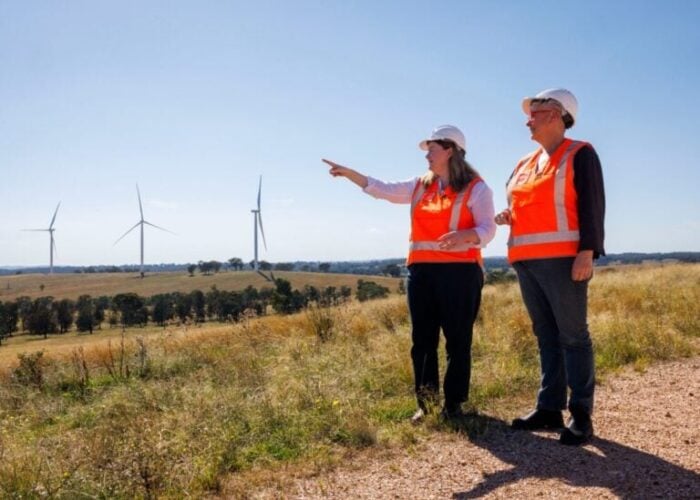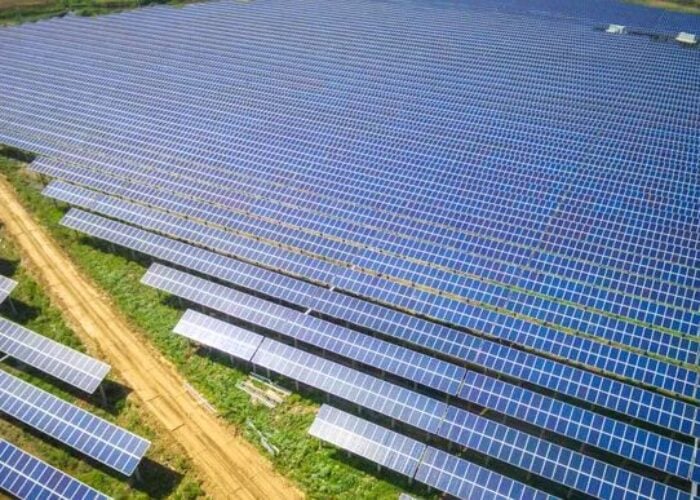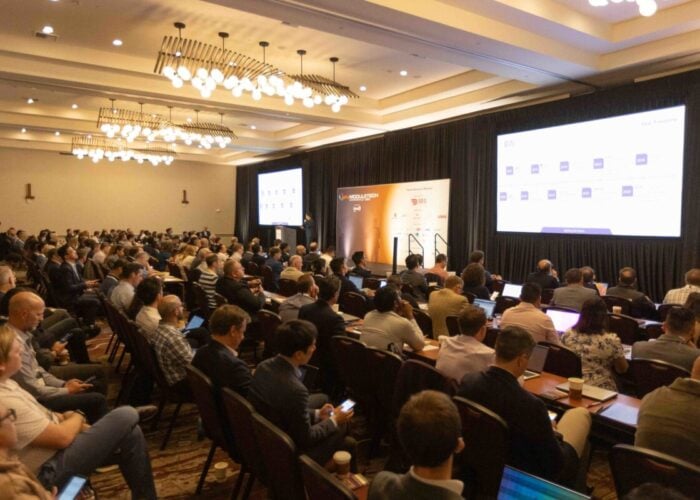
Renewables generators have been reminded that power produced during extended periods of negative pricing cannot receive subsidy payments under European regulations.
The warning has been issued to renewables operators in the Netherlands from the Rijksdienst voor Ondernemend (RvO) – the Netherlands’ Enterprise Agency and party responsible for administering renewables subsidies in the country – after an instance of negative pricing last month.
Unlock unlimited access for 12 whole months of distinctive global analysis
Photovoltaics International is now included.
- Regular insight and analysis of the industry’s biggest developments
- In-depth interviews with the industry’s leading figures
- Unlimited digital access to the PV Tech Power journal catalogue
- Unlimited digital access to the Photovoltaics International journal catalogue
- Access to more than 1,000 technical papers
- Discounts on Solar Media’s portfolio of events, in-person and virtual
On 29 March 2020, the day-ahead market electricity price in the Netherlands dipped into the negative for a period longer than six hours, triggering an exception under European Union regulations that means no subsidy can be paid for electricity generated during that time.
Those regulations state that electricity generated during extended periods of negative pricing does not count as eligible production, and parties are therefore barred from claiming subsidy payments for it.
Solar projects in the Netherlands connected after 1 December 2015 and above 500kW in size can ordinarily qualify for subsidy payments under the nation’s so-called SDE+ scheme, under which solar has been prolific.
Subsidy-free proponents brace for era of low power prices
RvO's warning comes as instances of negative pricing are increasingly reported across European markets, triggered more commonly by deeper penetration of renewables but also, more recently, tumbling demand for power as pandemic-enforced lockdowns alter consumption profiles.
Earlier this month a webinar organised by European trade organisation SolarPower Europe heard subsidy-free solar prospects throughout the continent could be dampened by downward pressure on wholesale power prices, fears that were also raised at PV Tech publisher Solar Media’s Solar Finance & Investment conference in February this year.
The Netherlands is also not alone in experiencing extended periods of negative pricing, with both Germany and the UK also noting increases of such periods in recent months.
The UK has responded to a rise in the number of negative pricing periods by changing the rules of its Contracts for Difference (CfD) mechanism, clamping down on negative pricing periods entirely.
Previous rounds of the CfD auctions were compliant with EU law and forbid the issue of top-up payments for periods of negative pricing in excess of six years. However, it is now the British government’s intent to extend that to all periods of negative pricing, in a change designed to discourage generators from proving “unhelpful to the overall system”.
PV Tech has set up a dedicated tracker to map out how the COVID-19 pandemic is disrupting solar supply chains worldwide. You can read the latest updates here.
If you have a COVID-19 statement to share or a story on how the pandemic is disrupting a solar business anywhere in the world, do get in touch at [email protected] or [email protected].







